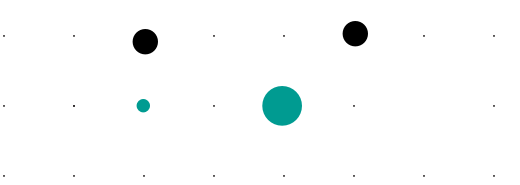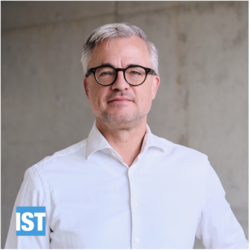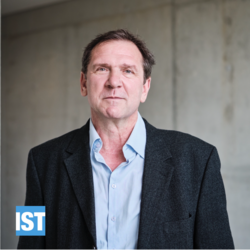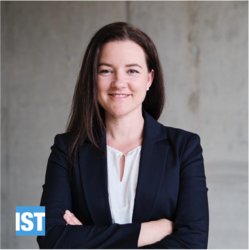Prof. Dr.-Ing. Guido Baltes is Director of the IST Innovation Institute in Constance, visiting professor at UIBE University in Beijing and the Rady School of Management at the University of California in San Diego.
As an expert in strategic transformation and innovation, he combines corporate and entrepreneurial experience with internationally renowned research. He was responsible for strategy & marketing in the management of a top 3 IT service company in Germany and, as a (co)founder, successfully built up several start-ups - including Coliquio, the largest medical community in German-speaking countries. He regularly supports start-ups at the University of Konstanz and the Startup Bootcamp of the Entrepreneurship Center of the University of California Berkeley.
Since 2009 he has focused his research on design issues in the context of strategic innovation and corporate entrepreneurship. Against this background, he regularly supports companies in the implementation of innovation-oriented growth strategies and their digital transformation. He is a multiple author of refereed journal and book articles. Together with Antje Freyth, he has recently published the standard work "Veränderungsintelligenz" at Springer/Gabler.



